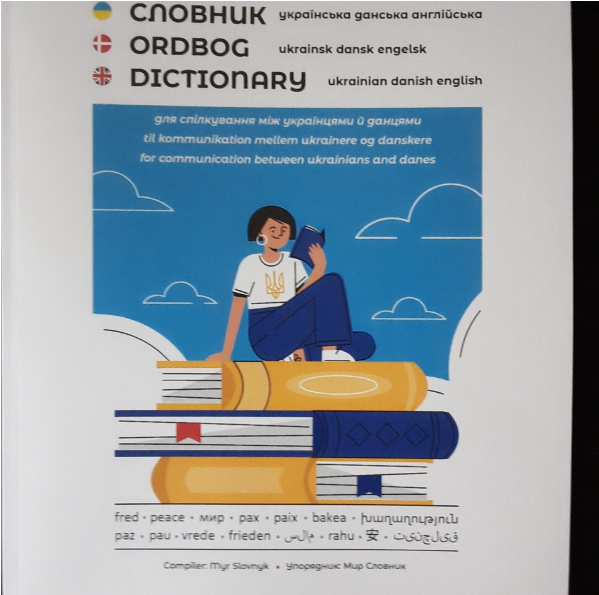Mr. Love and Mrs. Liberty: Does grammatical gender influence personification in abstract concepts?
What is grammatical gender?
Grammatical gender is a fascinating feature of language. Not every language utilizes it, and those that do, might not necessarily agree on noun classification systems or assignment of gender to nouns. For example, English has no grammatical gender, Spanish utilizes a masculine-feminine dichotomy, and German has an additional neuter gender. Apart from categorization of biological gender, such as “the man; the father” (Spanish: el hombre, el padre; German: der Mann, der Vater) or “the woman; the mother” (Spanish: la mujer, la madre; German: die Frau, die Mutter), grammatical gender is seemingly arbitrary. This means that various non-human, inanimate objects are assigned a gender, without any logical reason. The categorizations are random, as different languages sometimes assign … ↪







